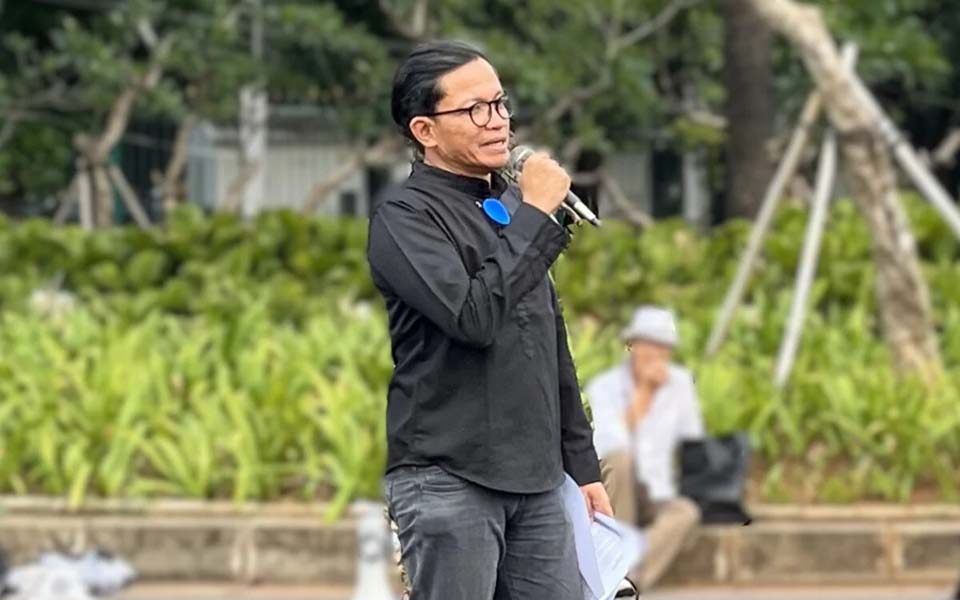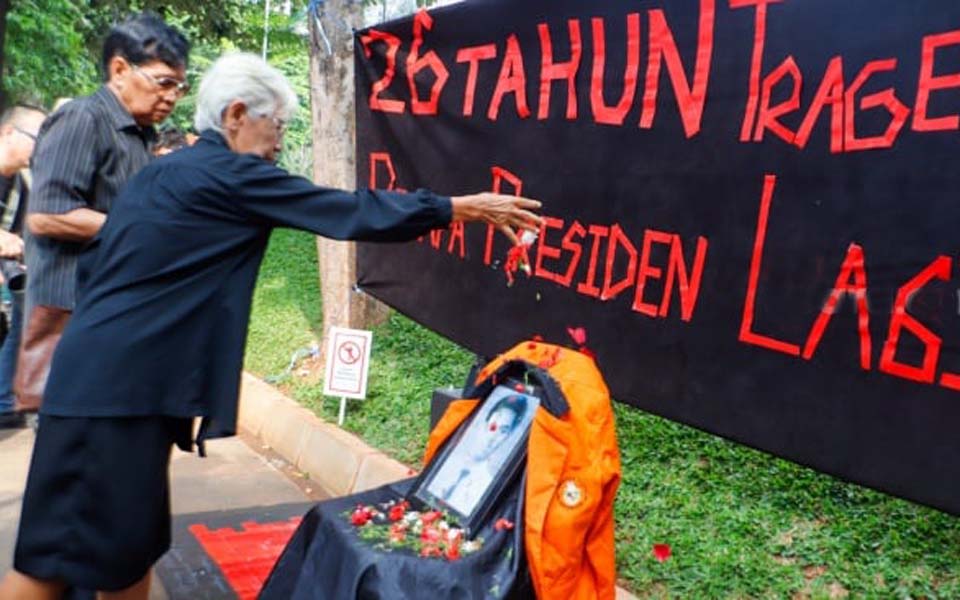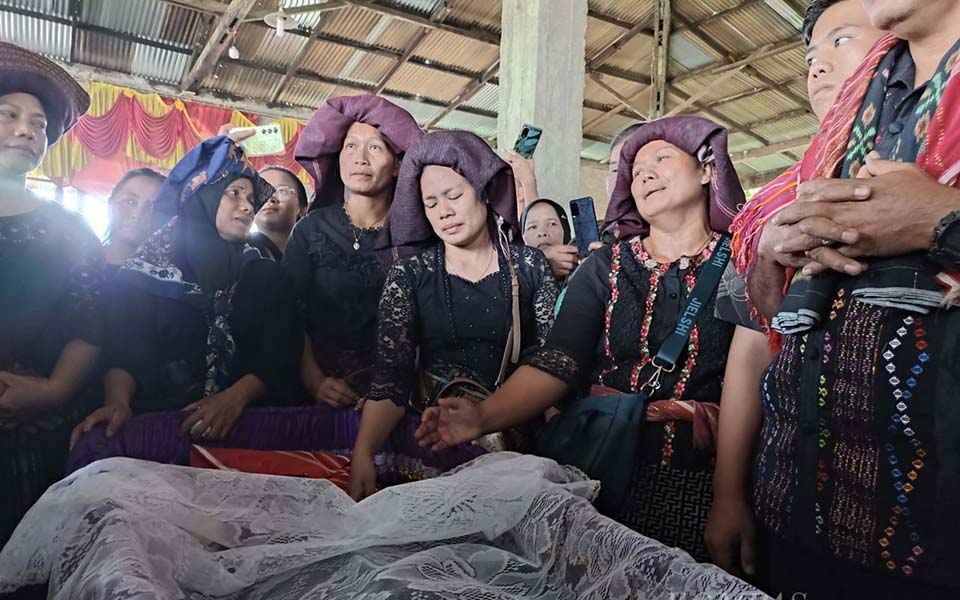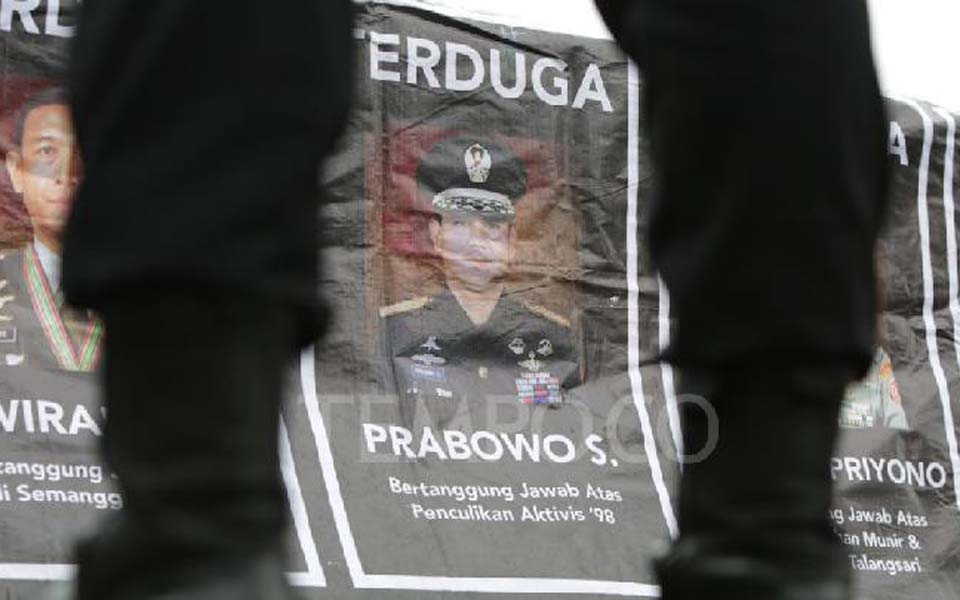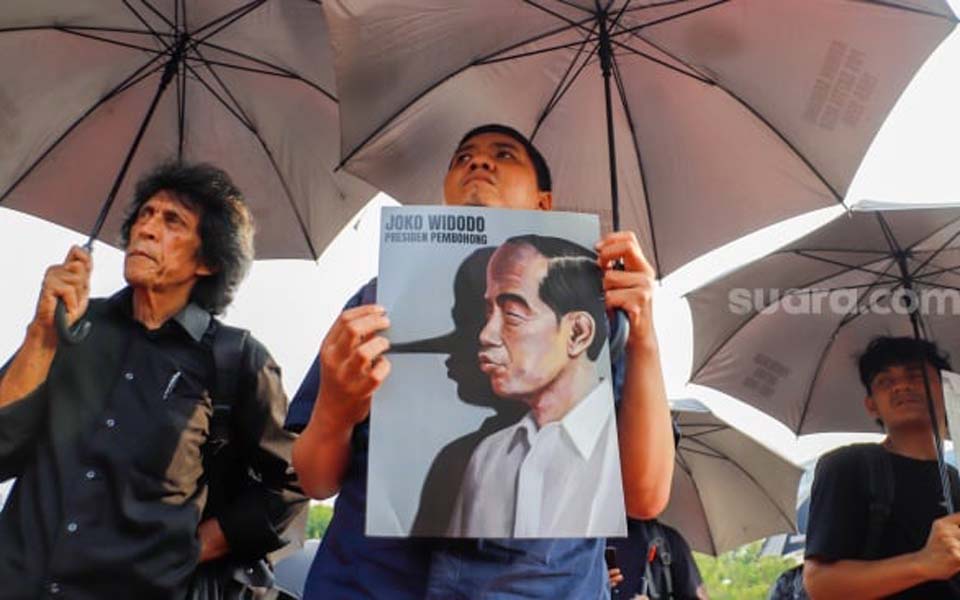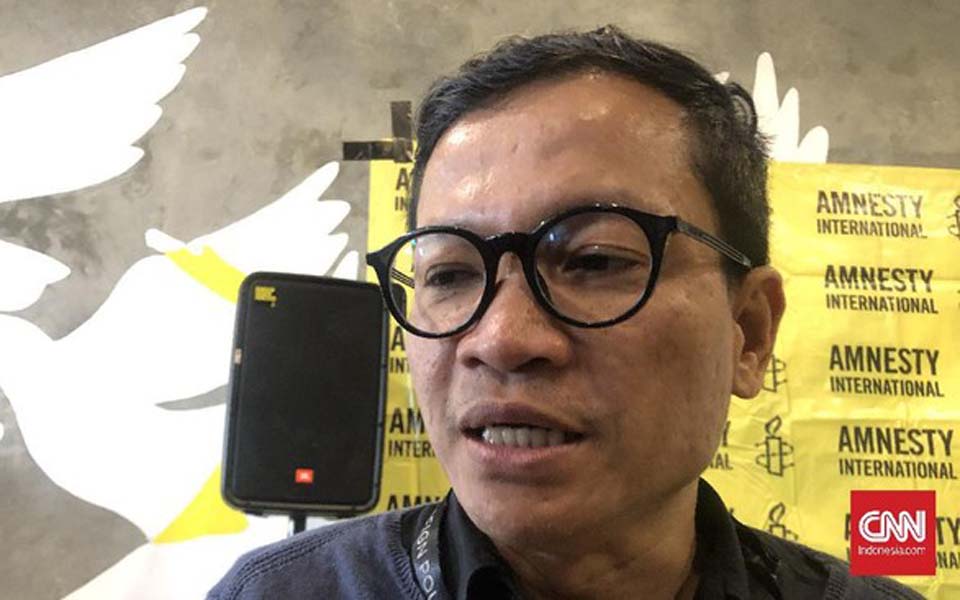Jakarta – Following mass rioting at the Manggarai district police station in Ruteng, East Nusa Tenggara, which resulted in the death of four farmers last Wednesday, the National Human Rights Commission (Komnas HAM) has been asked to immediately go to the location to gather facts. Reports which have been circulating are considered to be misleading because all of them are based on the police’s version of events.
This was explained by the Advocacy Team for the People of Manggarai which is made up of 17 non-government organisations (NGOs) at a press conference at the offices of the Environmental Forum (Walhi) in Jakarta on Thursday March 11.
“Komnas HAM needs to immediately go there because the human rights violations [which have occurred] there are extremely serious”, said one of the team members, Longgena Ginting.
In addition to this, the team will send a lawyer to assist the coffee farmers who were evicted on the grounds that the land would be converted to conservation forest. The team has also sent a letter to Indonesian police chief General Da’i Bachtiar calling for an end to repressive actions by the police in the field.
“We demand that police officers back off because conservation issues have no relationship with the police. Indeed the conservation which [should] result is the protection of the rights of the people, not negating them”, explained Ginting.
In looking at the case, it is hoped that the public will understand the roots of the problem, that the riot did not occur out of the blue. Furthermore, information provided to the public that farmers attacked the police station blindly is clearly not in character with farmers in that region.
Background
The incident began when coffee farmers went to the police station to request the release of seven of their friends who had been arrested the day before, which in fact represented a culmination of the frustrations of farmers who were evicted from their traditional land in 2003.
As a result of a policy by the Manggarai regional government, 86,000 hectares of land were cleared in mid-2003. This included cutting down local people’s coffee plantations on traditional land in Meler-Kuwus, Todo, Gapong Nggalak, Rego, Ruteng, Nggorang Bowosie and Ndeki Komba
According a book published by Walhi, the integrated operational by the local council resulted in 1,600 families (around 8,6000 people) loosing their source of livelihood. 117 huts were burnt down, seven houses demolished, seven people suffered acute stress, two local people went insane, 19 people have disappeared and scores of children had to stop attending school. Two thousand hectares of coffee, vanilla and cloves plantations which were ready to be harvested were destroyed.
The order by the Manggarai regent, Antony Bagul Dagur, was clear, banning locals from occupying the land which had been cleared. The climax was the arrests of seven farmers on March 9 because they opposed the regional government by illegally occupying the land.
According to the director of the NGO Bina Desa, Roman N Lendong, who also originates from Manggarai, at that time of the arrests local people were re-claiming their traditional land, because the reforestation project which had been given as the reason for the land being cleared had not gone ahead. “The government cleared the land without a detailed plan”, he said, adding that he had obtained this information directly from the head of the Manggarai Department of Forestry.
The government’s plan was for thousands of hectares of land to be planted with teak, mahogany and sandalwood trees. However funds were not available for this to be realised. The plan was also contrary to the concept of conservation because in the end the trees would have been cut down for their economic value.
Adding to the list of victims
The executive director of Indonesia Human Rights Watch (Imparsial), Munir, said that the deaths of the four coffee farmers (according to information from the advocacy team there were five victims) adds to list of farmers who have been killed because of clashes with security personal over land issues.
In 2001 two farmers were killed in Blitar, East Java. In 2002, two farmers from Kediri in East Java were killed in a similar case. This was followed by the Bulukumba tragedy [on July 21, 2003] in South Sulawesi which resulted in the death of three farmers.
“Outside of Papua and Aceh, the largest number of victims who are dying are [because of] violence against farmers as a result of land conflicts. All of these [incidents] have culminated in [the use of] state violence by security forces, but there is no [clear] policy by the state on the question of [transitional] land”, explained Munir.
According to his analysis, in a number of parts of the country incidents of this kind are waiting to explode. To prevent this, police should end their tendency to act repressively and not always seek to legitimise the use of violence which has the potential to result in more deaths. (GSA)
[Translated by James Balowski.]






